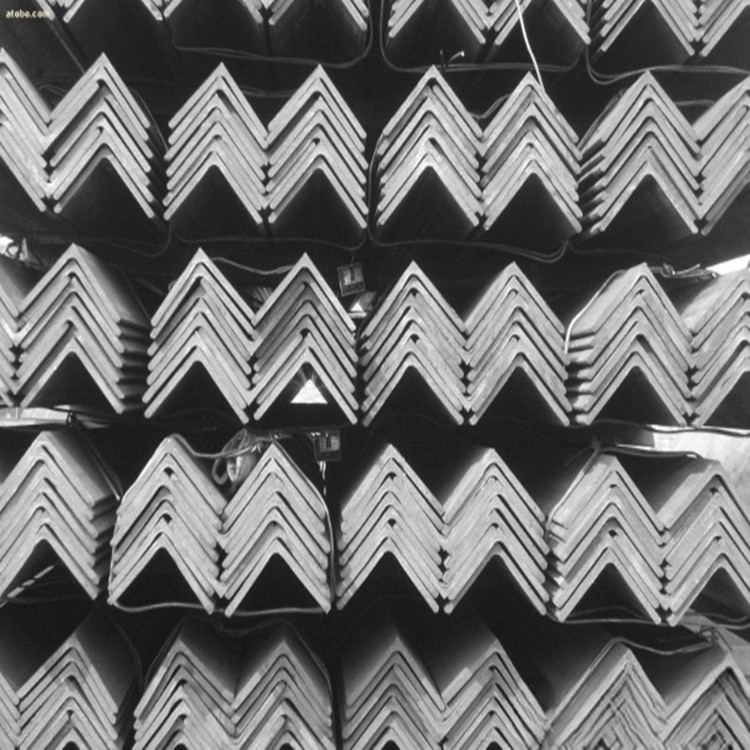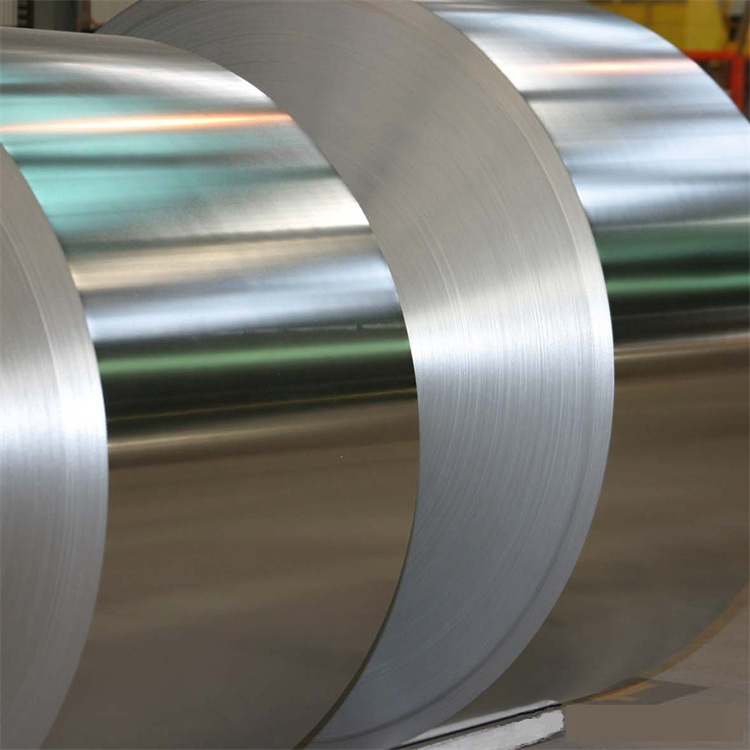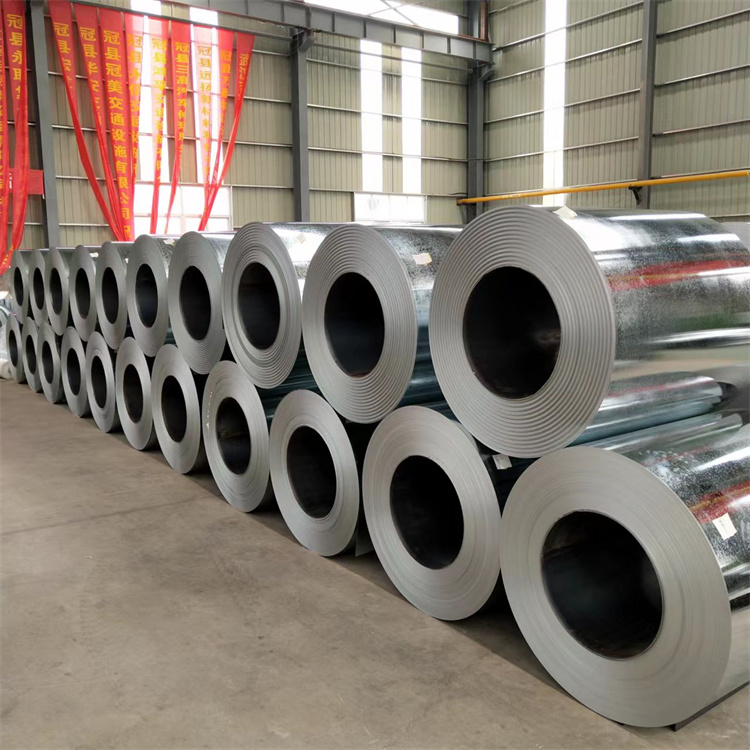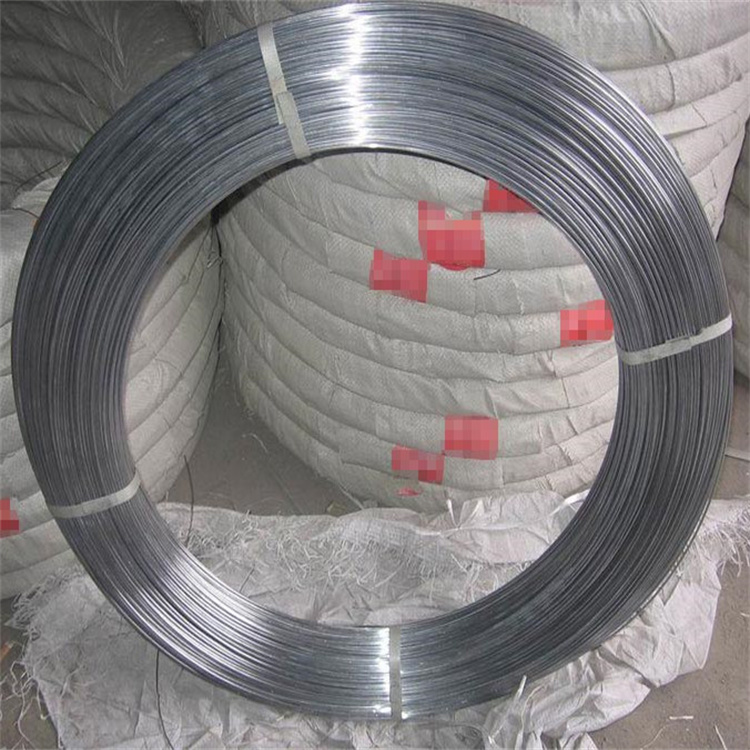Hot Rolled Tread Plate: An In-Depth Analysis
Hot rolled tread plate, commonly known as diamond plate or floor plate, is a type of metal stock featuring a raised pattern of lines or diamonds on one side. This distinctive texture provides enhanced traction, making it a preferred material in various industrial and commercial applications.
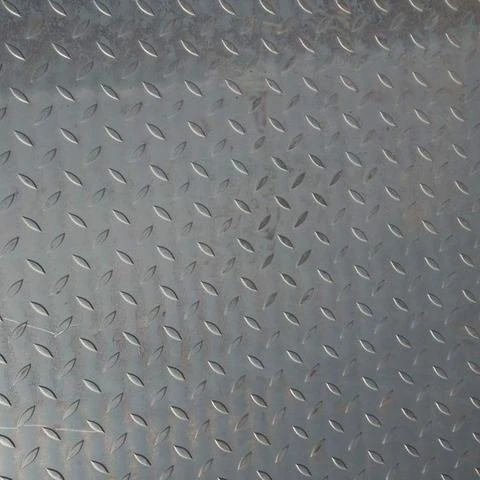
Manufacturing Process of Hot Rolled Tread Plate
The manufacturing process of hot rolled tread plates involves several key stages, each contributing to the product's strength, durability, and characteristic textured surface. Here’s an enriched look at the process:
Raw Material Preparation
High-quality steel slabs are selected as the raw material. These slabs undergo inspection to ensure they meet the required standards for chemical composition and mechanical properties.Heating
The steel slabs are heated in a reheat furnace to a temperature above their recrystallization point, typically around 1,200°C (2,192°F). This heating process softens the metal, making it malleable for further processing.Rolling
The heated slabs are passed through a series of rolling mills that reduce their thickness to the desired dimensions. During this stage, the steel is shaped into flat sheets or plates. Precision controls ensure uniform thickness across the sheet.Pattern Embossing
The defining step of tread plate manufacturing occurs here. The semi-finished steel passes through a patterned rolling mill. This specialized mill is equipped with rolls featuring raised designs (such as diamonds or lines). As the steel is rolled, the pattern is imprinted onto the surface.Cooling
Once the pattern is applied, the steel plates are cooled using water sprays or air. Controlled cooling is critical to maintain the material's mechanical properties and ensure the pattern remains intact.Cutting and Finishing
The tread plates are cut into standard or custom dimensions using high-precision cutting tools. Additional processes like edge trimming, surface pickling, or coating may be applied to enhance the product's finish and resistance to corrosion.Quality Inspection
The final plates undergo rigorous quality checks, including dimensional accuracy, pattern consistency, and surface integrity. Tests for mechanical properties such as tensile strength and hardness are also conducted.Packaging and Distribution
After inspection, the plates are packaged for shipment. Proper stacking and wrapping ensure they reach customers in perfect condition.
By carefully controlling each stage, manufacturers produce hot rolled tread plates that meet industry standards and perform reliably in demanding applications. This meticulous process results in a product that excels in strength, durability, and aesthetics.
Chemical Composition and Mechanical Properties
The chemical composition of hot rolled tread plate typically includes:
| Element | Percentage (%) |
|---|---|
| Carbon (C) | 0.1 - 0.3 |
| Manganese (Mn) | 0.3 - 0.7 |
| Phosphorus (P) | ≤ 0.05 |
| Sulfur (S) | ≤ 0.05 |
These elements contribute to the material's mechanical properties:
| Property | Imperial | Metric |
|---|---|---|
| Ultimate Tensile Strength | 60,000 psi | 414 MPa |
| Yield Tensile Strength | 33,000 psi | 207 MPa |
Source: Coremark Metals
Standard Specifications of Hot Rolled Tread Plates
Hot rolled tread plates are manufactured to comply with a variety of international standards, ensuring they meet the needs of diverse industries and applications. These specifications govern aspects such as material grades, thickness, dimensions, tolerances, and surface patterns. Below is a detailed overview:
1. Material Grades
Hot rolled tread plates are produced using carbon steel, low-alloy steel, or stainless steel. Common grades include:
Carbon Steel Grades: ASTM A36, A1011, and S235JR
Low-Alloy Steel Grades: ASTM A572, Q345B, and S355JR
Stainless Steel Grades: 304, 316, and 201
Each grade offers distinct mechanical properties, such as tensile strength and corrosion resistance, to suit specific applications.
2. Thickness and Dimensions
Hot rolled tread plates are available in various thicknesses, typically ranging from 2 mm to 12 mm. Standard plate widths and lengths include:
Width: 1,000 mm, 1,250 mm, and 1,500 mm
Length: 2,000 mm, 2,500 mm, and 3,000 mm
Custom sizes can be produced based on client requirements.
3. Surface Patterns
The surface patterns are designed to provide slip resistance and enhance aesthetics. Common patterns include:
Diamond Pattern: The most widely used design for general-purpose applications.
Checker Pattern: Offers enhanced grip, ideal for industrial and heavy-duty environments.
Customized Patterns: Tailored designs for specific applications, available on request.
4. Tolerances
Manufacturers adhere to stringent tolerances for thickness, width, length, and flatness to ensure consistency and quality. Key tolerances include:
Thickness Tolerance: ±0.3 mm
Width and Length Tolerance: ±5 mm
Flatness Tolerance: ±3 mm over 1 meter
These tolerances conform to international standards like ASTM A6, EN 10029, and JIS G3193.
5. Mechanical Properties
The mechanical properties of hot rolled tread plates depend on the material grade and are defined by standards such as ASTM, EN, and JIS. Typical values include:
Yield Strength: 250–355 MPa
Tensile Strength: 400–600 MPa
Elongation: ≥20%
6. Corrosion Resistance
For applications requiring corrosion resistance, tread plates are available in stainless steel grades (e.g., 304 and 316) or with protective coatings such as galvanization.
7. Coatings and Finishes
Hot rolled tread plates can be delivered with additional coatings and finishes to enhance durability and appearance, including:
Galvanized Coating: For rust prevention.
Powder Coating: For improved aesthetics and wear resistance.
Polished Surface: For decorative applications.
8. Compliance with Standards
Manufacturers ensure that hot rolled tread plates meet international standards to guarantee compatibility and reliability. Key standards include:
ASTM Standards: ASTM A36, ASTM A1011, ASTM A786
European Standards: EN 10025-2, EN 10111
Japanese Standards: JIS G3101, JIS G3131
Australian Standards: AS/NZS 3678
9. Applications by Specification
The specifications of hot rolled tread plates determine their suitability for various applications:
Construction: ASTM A36 or S235JR for structural strength.
Marine and Offshore: Stainless steel grades 316 or 304 for corrosion resistance.
Industrial Flooring: Checker patterns with medium thickness for durability and safety.
By adhering to these specifications, manufacturers ensure the versatility, reliability, and performance of hot rolled tread plates in a wide range of industries. This attention to detail guarantees that the plates meet customer expectations for both functionality and quality.
Common Sizes and Weights
Hot rolled tread plates are available in various thicknesses and dimensions to cater to diverse needs. Below is a table summarizing common sizes and their corresponding weights:
| Thickness | Width (inches) | Length (inches) | Weight (lbs/ft²) |
|---|---|---|---|
| 14 gauge (0.079") | 48 | 96 | 3.52 |
| 1/8" (0.125") | 48 | 120 | 6.16 |
| 3/16" (0.188") | 48 | 120 | 8.71 |
| 1/4" (0.25") | 48 | 120 | 11.26 |
Source: Russel Metals
Applications
The unique properties of hot rolled tread plate make it suitable for a wide range of applications, including:
Industrial Flooring: Provides slip-resistant surfaces in factories and warehouses.
Stair Treads: Ensures safety on staircases in both industrial and commercial settings.
Vehicle Platforms: Used in truck beds, trailers, and ramps for enhanced grip.
Architectural Features: Incorporated into designs for both functionality and aesthetic appeal.
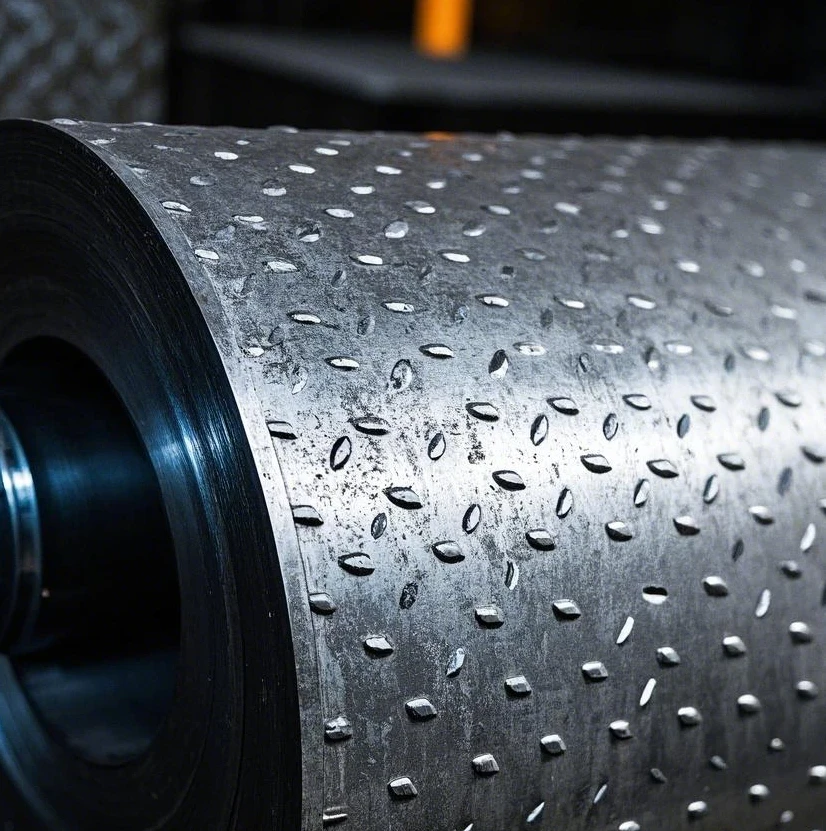
Market Overview
The global steel plate market, encompassing hot rolled tread plates, has shown significant growth. In 2022, the market size was approximately USD 65,905.97 million and is projected to reach USD 84,782.3 million by 2032, exhibiting a compound annual growth rate (CAGR) of 2.55% during the forecast period.
Source: Business Research Insights
Advantages of Hot Rolled Tread Plate
Durability: Withstands heavy traffic and harsh conditions.
Corrosion Resistance: Offers moderate resistance to corrosion, which can be enhanced with coatings.
Ease of Fabrication: Can be easily cut, welded, and formed to fit specific requirements.
Considerations
While hot rolled tread plates offer numerous benefits, it's essential to consider factors such as:
Surface Finish: The hot rolling process may result in a scaled surface, which can be addressed through pickling or other finishing methods.
Dimensional Tolerances: Slight variations in thickness and flatness may occur due to the manufacturing process.
Conclusion
Hot rolled tread plates are integral to various industries, offering a combination of strength, durability, and slip resistance. Understanding their properties, applications, and market trends is crucial for making informed decisions in material selection and utilization.
Choose XINO for Premium Steel Solutions
At QINGDAO XINO STEEL & IRON CO., LTD., a subsidiary of China Xino Group, we take pride in being a trusted partner for high-quality steel products. With over two decades of expertise in the steel industry, we specialize in manufacturing coated steel products, including Galvanized Steel (GI), Galvalume Steel (GL), PPGI, PPGL, Tinplate, and TFS (ECCS). Our state-of-the-art facilities consist of three production bases with six mills and 24 advanced production lines, yielding an impressive annual output of 1.5 million tons.
In addition to coated steel, we supply a wide range of steel products tailored to meet diverse industrial needs:
Round Steel Bars
Steel Pipes and Tubes
Beam Bars (HEA-HEB-UPN-IPN-IPE)
Steel (Pipe) Piles
Steel Culvert Pipes (MCP)
Our commitment goes beyond delivering premium products. We strive to provide cost-effective solutions and a seamless procurement experience, leveraging our expertise in resources development, trade & logistics, engineering technology, and equipment manufacturing. Our professional team ensures that clients receive not only top-quality steel but also tailored recommendations for their specific needs.
By choosing QINGDAO XINO STEEL & IRON CO., LTD., you align with a multinational enterprise dedicated to creating value for customers through continuous innovation, outstanding service, and a customer-centric approach. Partner with us today to experience the perfect balance of quality, competitive pricing, and strategic solutions for your steel product requirements.
Contact Us:
For inquiries and more details about our hot rolled tread plates and other steel products, please reach out to us. Let's work together to build a stronger, more efficient future.
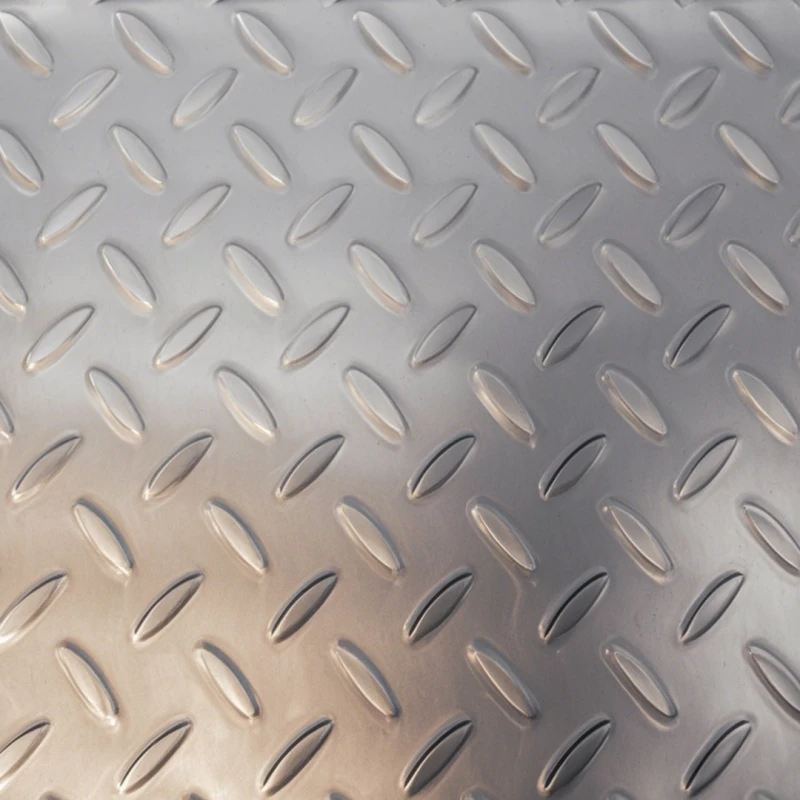
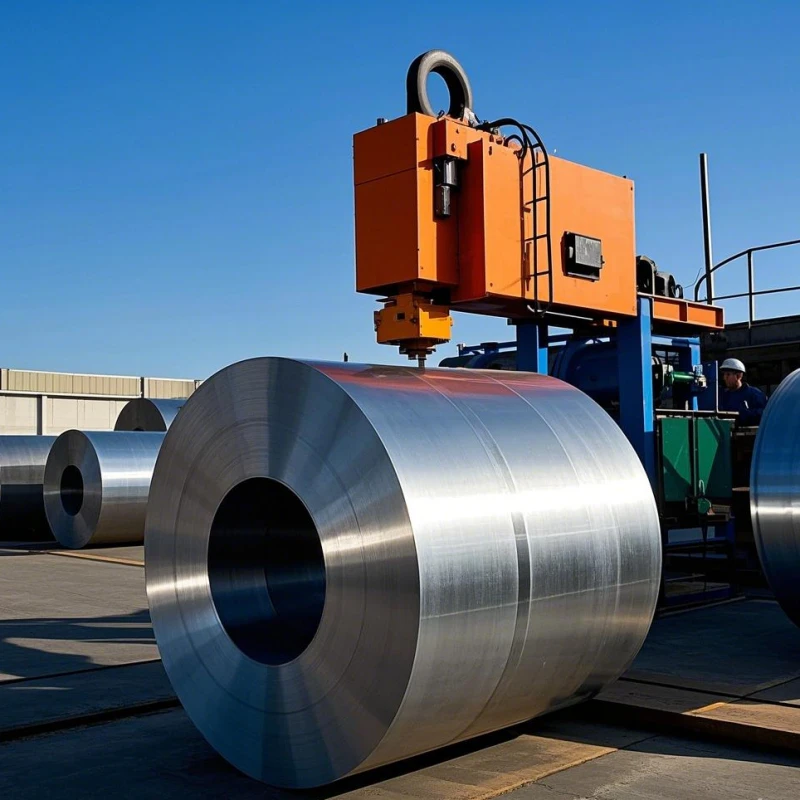
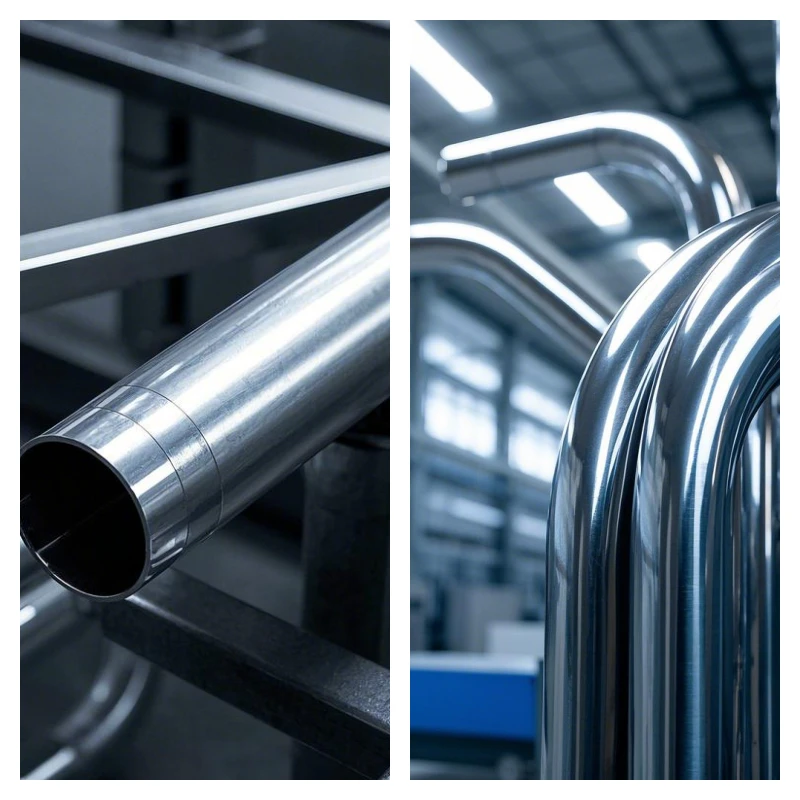
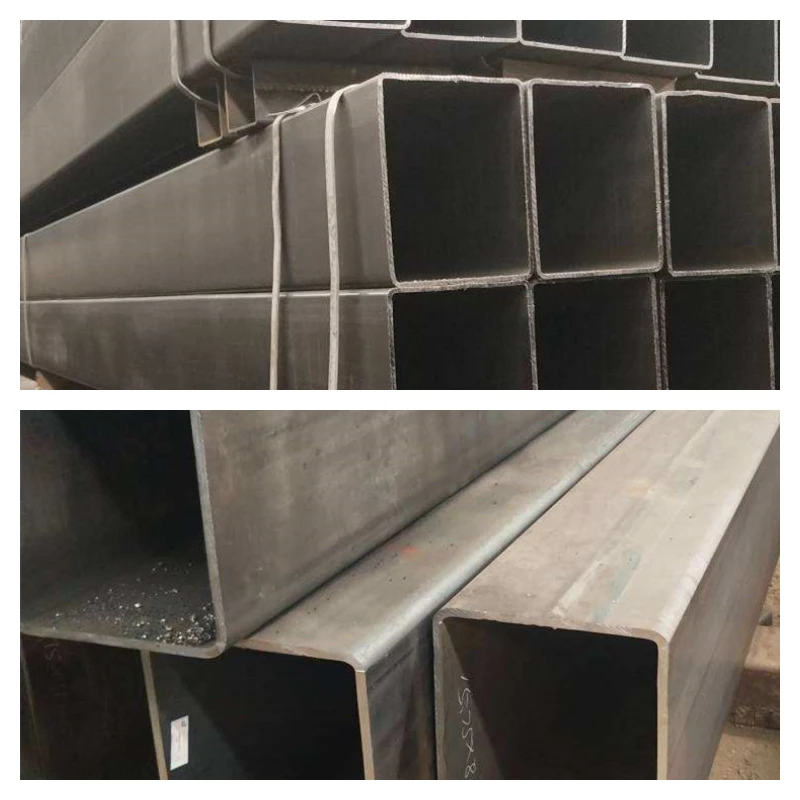
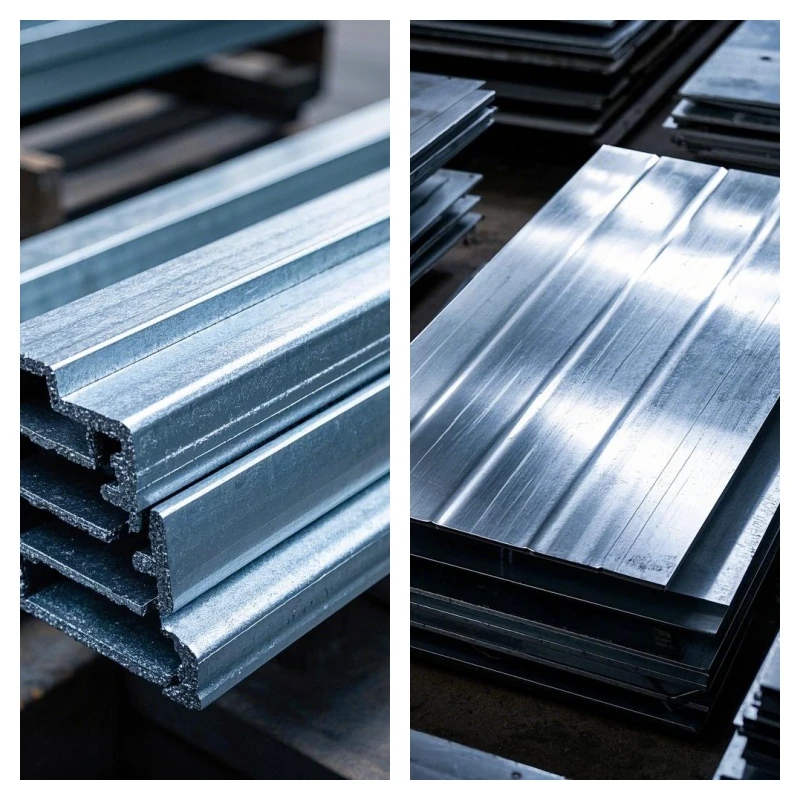
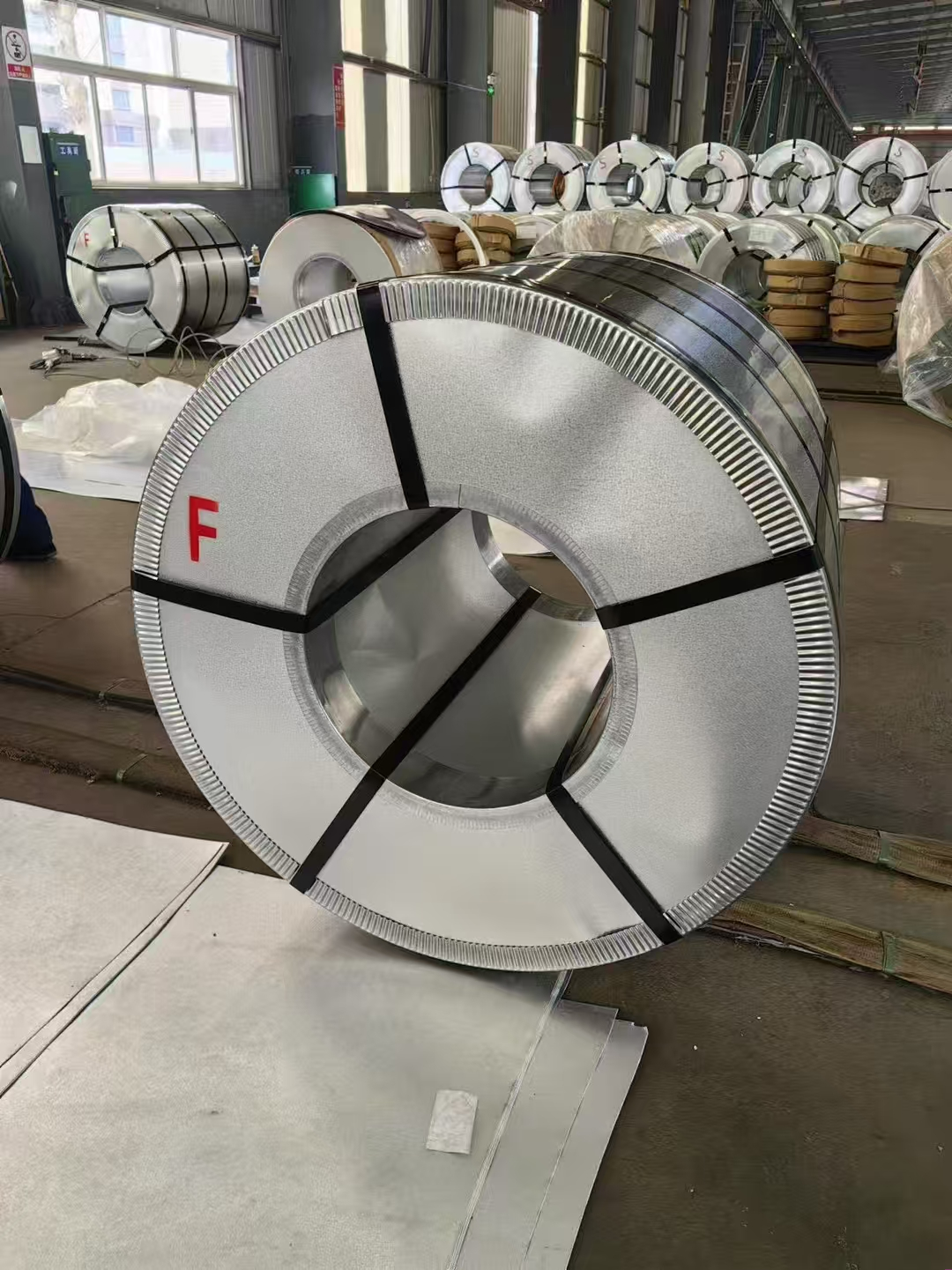
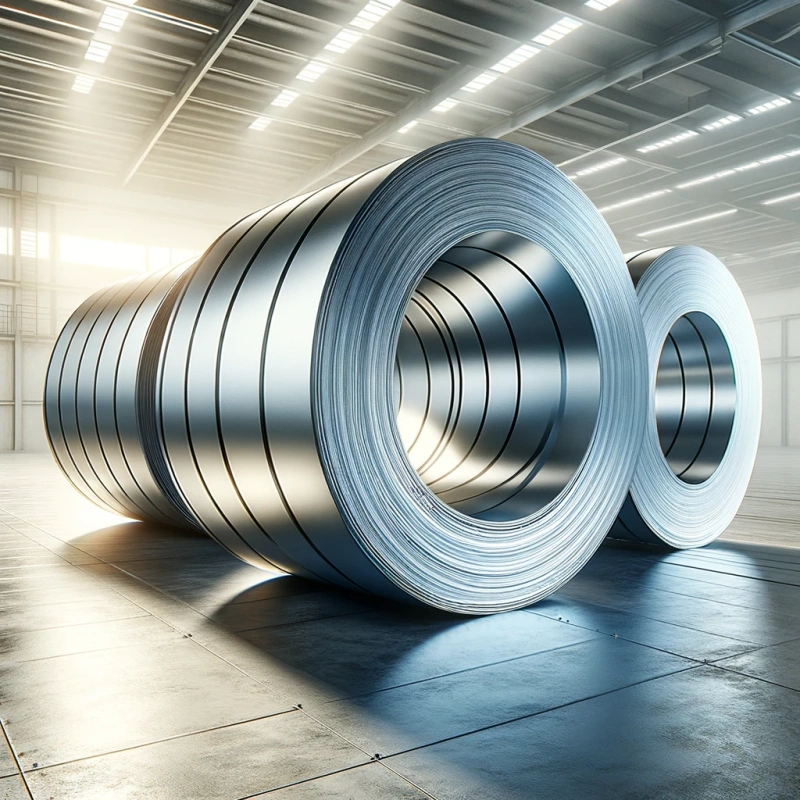
745.webp)
